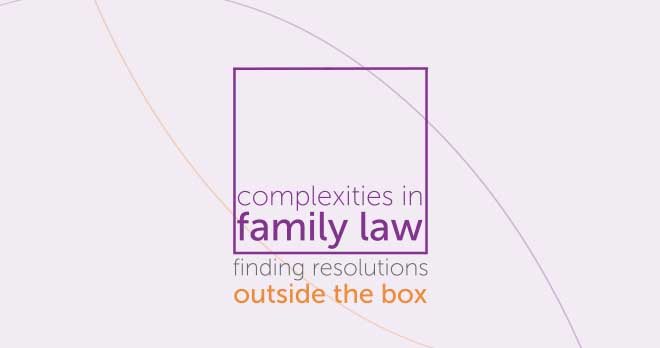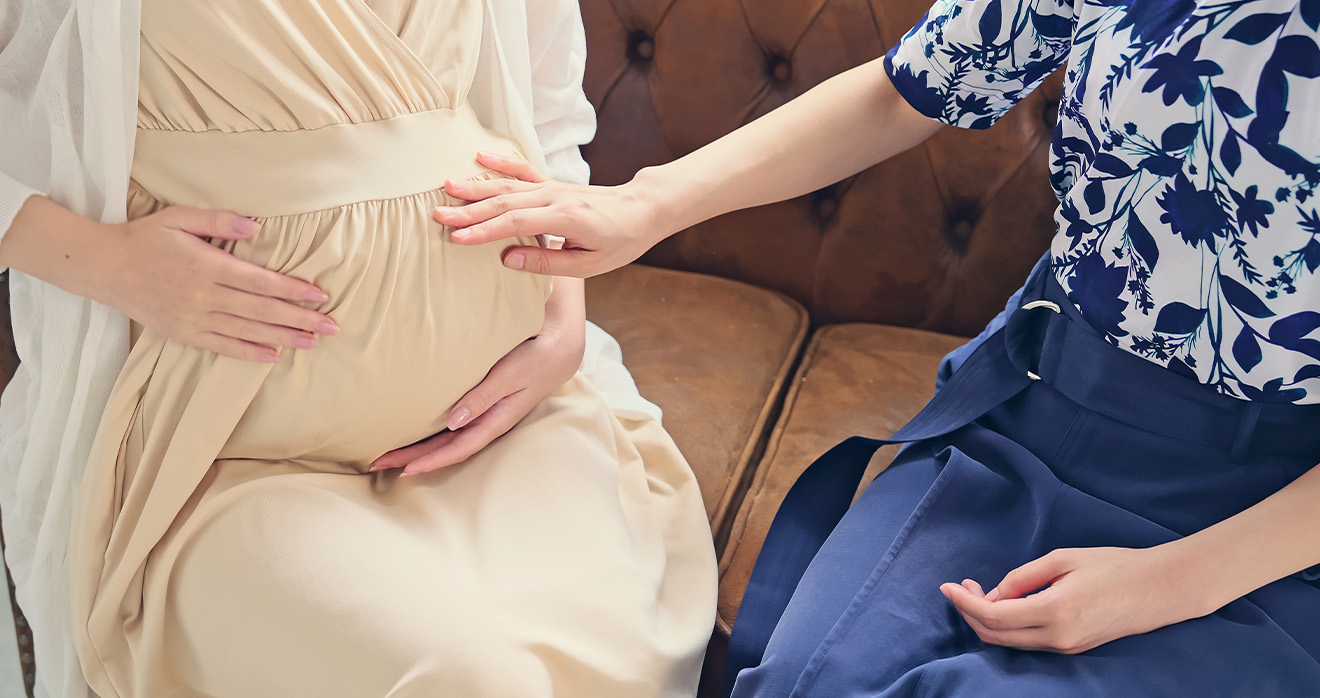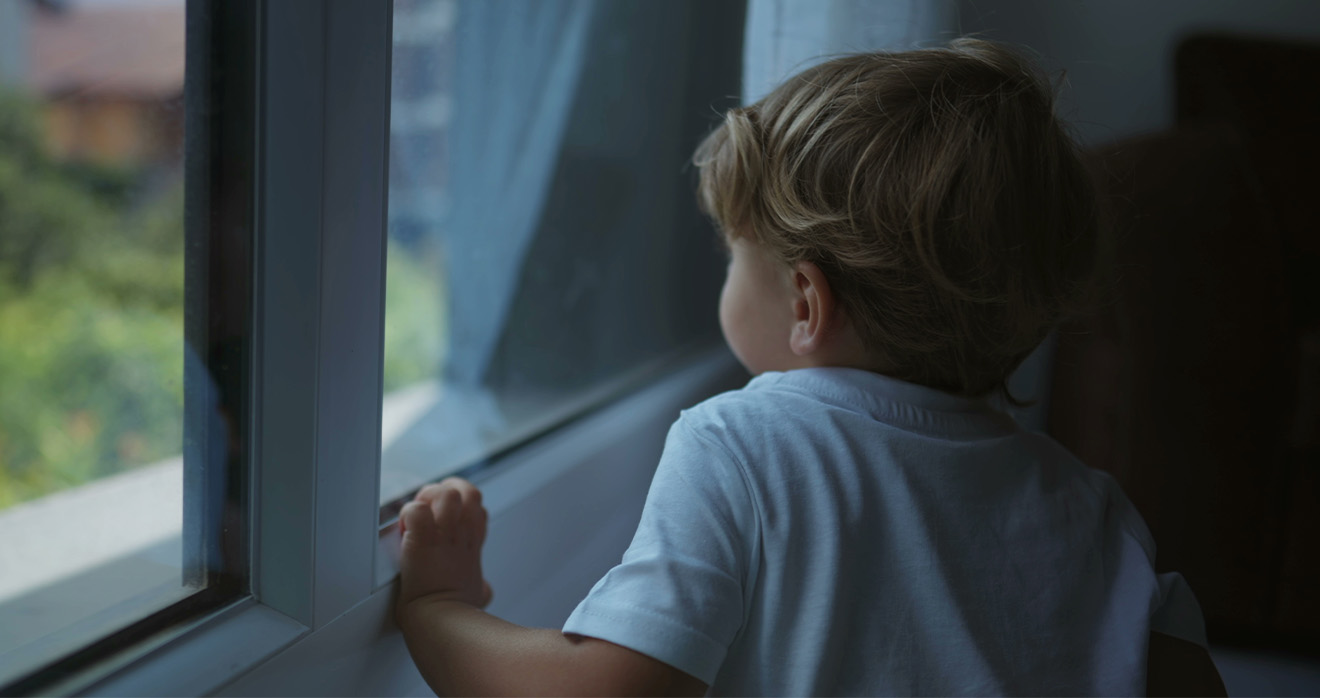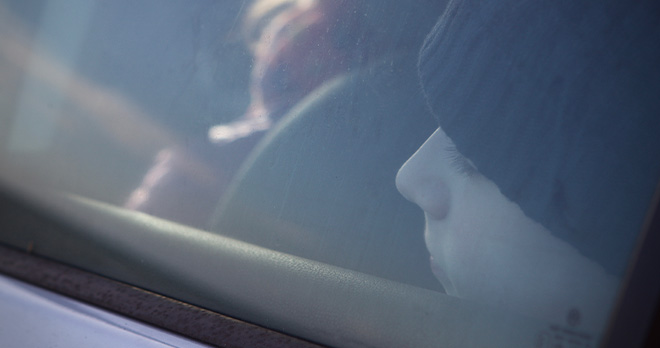Can journalists access and report on my family law hearing? A new pilot scheme says yes they can

As of Monday 30 January 2023, a new pilot scheme allowing journalists to access and report on certain family law hearings has started in Cardiff, Carlisle and Leeds. Reporting in Family Court is something Journalists (and some Judges) have been fighting for for over a decade.
Prior to the pilot scheme, Journalists were able to attend Family Court but were not able to report on proceedings, making it a wasted journey for journalists and reporters. Now, UK press authority press card holders and legal bloggers will, for the first time, be able to report on proceedings within the Family Court, but what does this mean for the families involved?
Why is there a change now?
For many years, families and professionals have felt that there is a degree of injustice within the Family Court. The pilot scheme is a step towards open justice, whereby the Family Court can be held accountable for the decisions they make, as well as shedding some light on the Family Law procedure. By allowing journalists to report in depth (as much as will be possible) on certain proceedings, it is also intended that it will promote confidence in the Family Court and give families a voice.
Which cases will be reported on?
The Family Court broadly deal with 3 areas:
- Disputes between separating parents in relation to their children (Private Law);
- Applications by local authorities to take children into care (Public Law); and
- Divorce and Matrimonial Finance disputes.
Initially, the pilot will begin with journalists having access to public law cases, which will extend to private law cases within a couple of months. Access will stretch across in-person hearings and remote hearings. However, not all hearings/proceedings will be allowed to be reported on within the pilot scheme and several restrictions will still remain in place.
What hearings will NOT be reported on in the Pilot Scheme?
Journalists will NOT be able to report on the following hearings:
- Hearings in Financial Remedy applications, including cases under Schedule 1 of the Children Act 1989
- Hearings in applications under the Family Law Act 1996/Domestic Abuse Act 2021
- Hearings in applications for adoptions, standalone placement applications and related proceedings
- Hearings in proceedings for parental orders under the Human Fertilisation and Embryology Act 2008
- Hearings where the Judge decides that members of the media should be excluded from the entire proceedings or for that particular hearing.
Initially, the pilot will not cover family cases being heard in the magistrates court. In many cases, private law children matters are heard before the magistrates in the first instance, and if the issues in the case do not warrant a District Judge, for example, they may well stay in the magistrates court.
Will a journalist want to write about my case?
If your case falls within the remit of permitted reportable proceedings, then you may experience a member of the media being present at your hearing.
The Court publish what is known as a cause list. This lists all the cases that are due to be heard in the Family Court that day. The only details published are the date, time and location of the hearing, together with the Judge’s name and the case number. The list does not state the type of hearing, or who is involved in that hearing.
The layout of the cause list will not change during the pilot scheme. Due to the lack of information readily available to journalists ahead of a hearing, they will either need to have received details of your case in advance or spend time sitting in court waiting for a hearing to report on (which may be yours on the day). Initially, journalists have been encouraged to attend as many hearings as possible, however, with more than 200,000 cases in the family court annually, it is likely that over time the reported hearings will be those that are more complex and of public interest.
The pilot scheme conveys that any media involvement should cause minimal disruption to a hearing and subsequently, to the proceedings overall. If the Judge feels that their presence or involvement is having a negative impact, then they have the power to exclude the media from the hearing or the proceedings overall.
It is important to note that, should your case be reported, there are restrictions in place. Whilst journalists and legal bloggers may choose to publish their articles on social media, they will not be able to identify you, your child(ren) or any other member of your family involved in the proceedings and there are several safeguards in place to ensure identities are protected in any published material on any platform.
If my case is reported, will I be anonymised?
Anonymity is still going to be paramount within the pilot scheme and beyond. Whilst journalists will be able to report on what they see/what has happened in a case, any details that will identify a child, or any family involved, within the proceedings CANNOT be published. This includes dates of birth, schools, medical professionals involved, social workers, photographs etc.
Journalists will, however, be able to use the names of the Local Authority, court-appointed experts, and legal representatives.
If a case is permitted to be reported, then at the beginning of each case journalists will be issued with a ‘transparency order’ granted by the Judge. These orders will primarily provide for the protection of the identity subject to the proceedings i.e., the child(ren), as well as family members. They will also determine what can or cannot be reported on depending on the individual case. Judges will be able to vary these Orders, it is not a one-size fits all! It’s important to note that without a transparency order, reporting will not be permitted.
Journalists will also be given access to key documents, including position statements and skeleton arguments. These documents will be allowed to be quoted and commented on. Again, this will be dependable on what the Judge determines can or cannot be reported on.
Can journalists write about my children case?
If the Judge has made a transparency order then cases involving children, whether private or public, will be allowed to be reported.
However, journalists will not be able to report any details that can lead to identifying the individuals involved in the case (other than professionals). It is likely that this will be a huge obstacle for journalists who wish to report on family cases
It has also been made clear that, if a children case involves allegations of sexual abuse of a subject child, then details of the alleged abuse cannot be reported on and/or published.
The pilot is supposed to create a confidence within the family court system, and therefore, reporting must be safe and respectful of the parties involved.
If my case is report, will I be required to speak to a journalist?
In short, the answer is no. Prior to the pilot scheme, journalists were unable to quote a family member involved in Family proceedings as they could risk being in contempt of court.
Under the pilot scheme, journalists will be able to approach and quote family members within their published content. However, you do not have any obligation to speak to a journalist or legal blogger should you not wish to do so. If you have any concerns around anonymity, or any views on the reporting, then you are free to inform the Court, as well as your lawyer if you have one.
If you do decide to speak with a journalist attending your case, you are free to stop speaking to them at any time and must not feel obliged to continue to do so. You are completely within your right to keep your experience and thoughts surrounding the Family Court and your case as private or as public as you wish.
If a journalist can write about my case, should I avoid Family Court?
As mentioned, the reporting pilot is being used as a tool to create confidence and a sense of open justice in the Family Court. It should not deter anybody from making applications to the Court, if needed, or make them feel unsafe or at risk.
In some situations, Family Court does become the only option in private law children cases, and similarly, in financial remedy cases, to resolve your matter. However, your solicitor will try their best to avoid this option (mainly due to the costs and stresses that Court proceedings can bring!).
There are alternatives to Court proceedings and if you are worried about the reporting pilot, then it may be best to look into alternative dispute resolution options such as mediation or arbitration. Where appropriate, the Court expect parties to have attempted mediation before making an application to the Court. Mediation, for example, is a private and voluntary process to help parties reach an agreement in a neutral environment with the guidance of a neutral third party. Mediation cannot be reported on.
If your matter is public law, then it will be the decision of the Local Authority to apply to the Court.
Is the pilot scheme only going to take place in 3 cities?
The pilot will be launched in 3 cities to begin with. Upon review, if the pilot is a success, then it is intended to extend the pilot across England and Wales. There has been no indication of when this may be as of yet.










